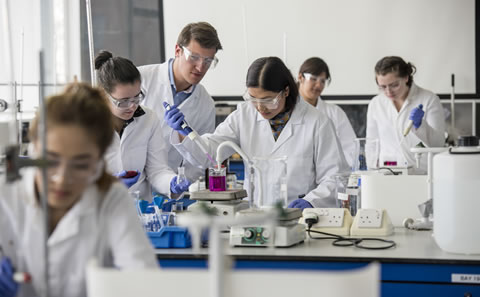
Chemistry and Chemical Engineering
The School of Chemistry and Chemical Engineering offers a dynamic learning community alongside a long-standing reputation for world-class research.
Make your mark at the forefront of science and engineering research. At the Faculty of Engineering and Physical Sciences, you will join a vibrant and inclusive community dedicated to driving new discoveries and creating real-world impact. Areas of study Chemistry and Chemical Engineering, Electronics and Computer Science, Engineering, Physics and Astronomy, and Photonics and Optoelectronics, offer dynamic research opportunities supported by world-class facilities and strong links with industry. You’ll also find opportunities for postgraduate study in Mathematical Sciences at Southampton, which often links with areas like engineering, physics, and computer science.
The Faculty’s research environment is recognised globally for excellence, with 96% rated as world-leading or internationally excellent in the latest REF. You will benefit from multi-million-pound facilities and the expertise of leading specialists, including Fellows of the Royal Society and the Royal Academy of Engineering. Entrepreneurial ambitions are nurtured through our on-campus accelerator and enterprise initiatives, while our culture of innovation has led to numerous spin-outs and patents in recent years.
We are committed to fostering an environment where research excellence and inclusion go hand in hand. Our students thrive in a supportive setting that values diversity, wellbeing, and personal development. Whether your passion lies in exploring the stars, advancing artificial intelligence, sustainable manufacturing, or scientific discovery, you will find the inspiration and resources to shape the future at Southampton.

Select a school below to find your PhD.

The School of Chemistry and Chemical Engineering offers a dynamic learning community alongside a long-standing reputation for world-class research.
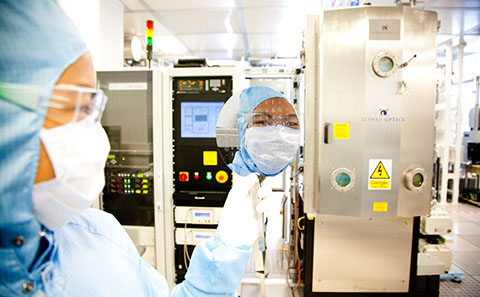
World-leading education in a research environment of electronics and electrical engineering, and computer science and AI.
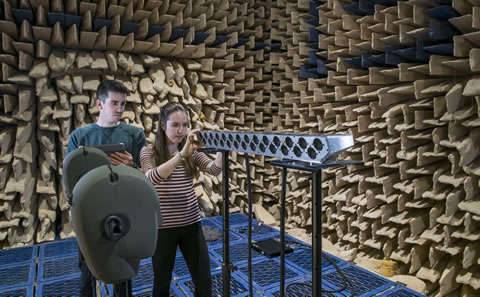
The School of Engineering represents the largest and most diverse engineering group in the UK.
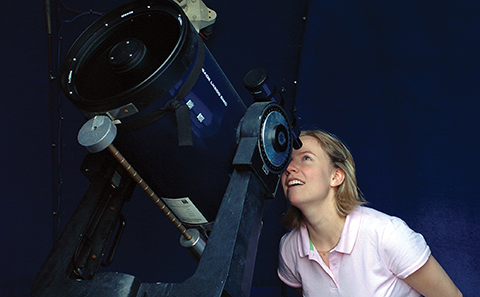
A dynamic environment with research in the fields of astronomy, quantum, light and matter, and theoretical particle physics.
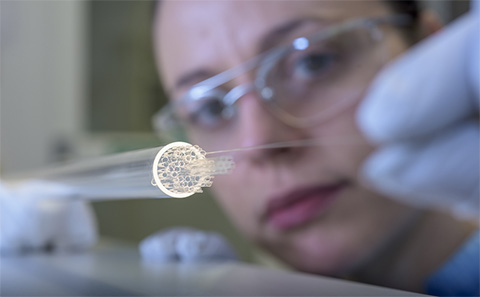
A world-leading research organisation with roots going back to the invention of the optical fibre in the 1960s.

A vibrant and supportive community of academics and postgraduates with expertise in operational research, statistics, pure and applied mathematics and theoretical physics.
Faculty Commitment to Fellowships
The Faculty has a longstanding tradition of supporting prestigious externally funded fellowships. To reaffirm this commitment, we have developed guidelines to provide continuity and stability for fellowship holders in their academic careers. These guidelines support fellowship holders to apply for a future transfer to an open-ended academic role upon completion of their fellowship. This future appointment is known as a ‘proleptic appointment’.
Eligibility Criteria
To qualify for a proleptic appointment, individuals should hold an eligible fellowship (see below) and would normally have completed 18 months of that fellowship, must demonstrate the potential to meet the requirements of the future academic role, and have established a strong strategic fit with the host School(s) and the Faculty.
Proleptic Appointment Considerations
A proleptic appointment may be considered under the following circumstances:
Recognised Fellowship Schemes
The Faculty currently recognise the following external fellowship schemes as being within scope of the scheme:
Additional Schemes
Schools within FEPS can support additional fellowship schemes on a case-by-case basis, subject to prior approval from the Dean.
Existing Fellowship Holders
This guidance applies to new fellowship applicants and existing fellowship holders who wish to transfer their fellowships to Southampton.
For more information, please contact the host school you are applying to for further details on these guidelines.
Researchers in Engineering and Physical Sciences are defining and developing substantial areas of research that impact on the fast-changing world in which we live.
Our research rankings place us at the forefront of the UK's research-intensive Russell Group Universities for our subjects, and our degree programmes are highly regarded by leading global employers and companies requiring the skills needed to develop theories and technologies that will enhance our understanding and shape our future world.